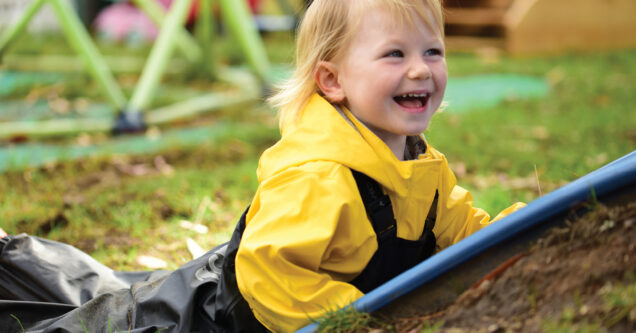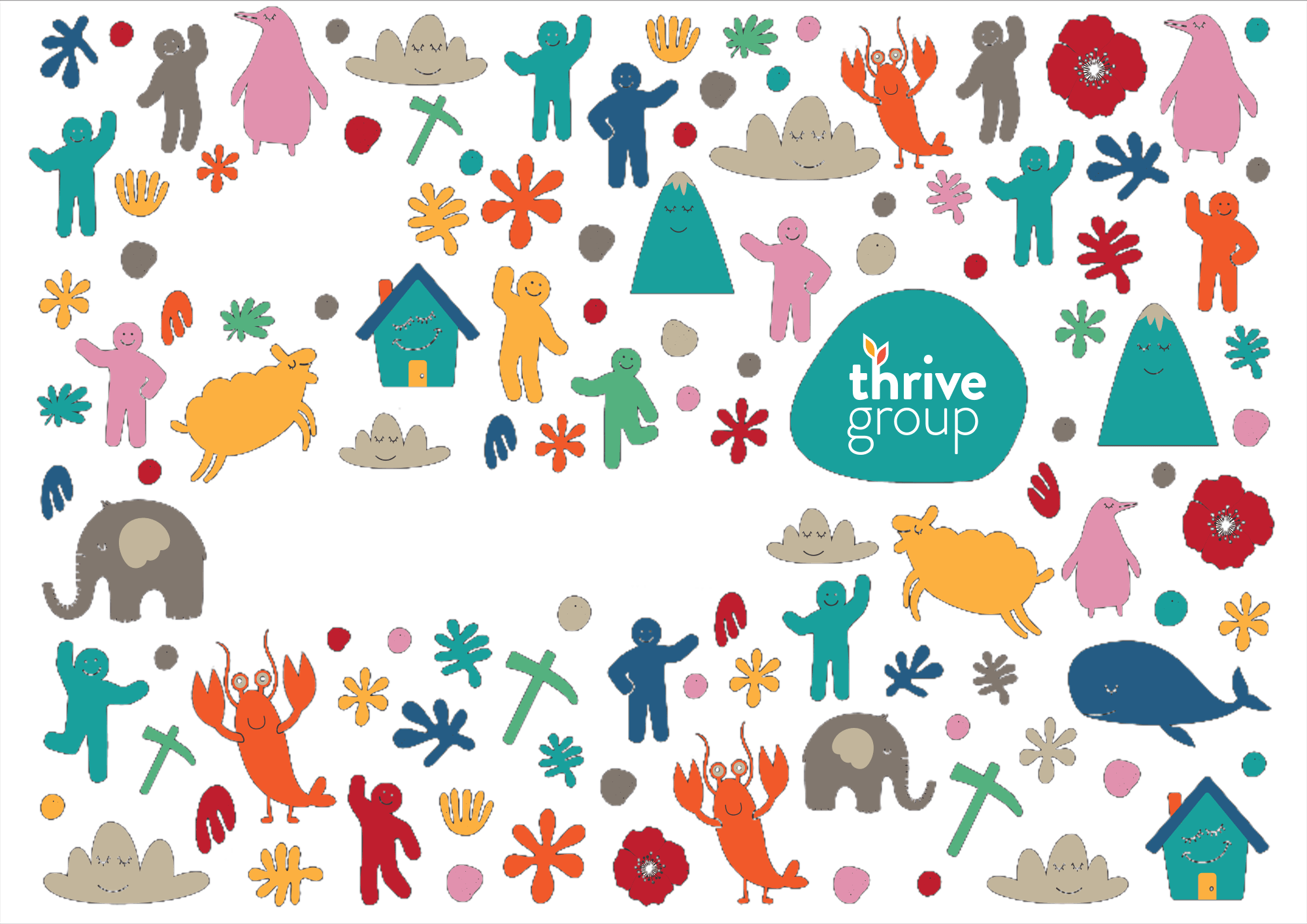
Socialisation is the process of psychologically growing into a society, in which an individual acquires the behaviours, attitudes, values and roles expected of them. For children this means building competency and skills to get along with others. This includes being able to express their emotions in positive ways, and building resilience to cope with life’s ups and downs as they form positive relationships, have conversations, develop body language and cooperate with others.

“Young children experience their world as an environment of relationships, and these relationships affect virtually all aspects of their development… Relationships engage children in the human community in ways that help them define who they are, what they can become and how and why they are important to other people.” (National Scientific Council on the Developing Child, 2009, p.1)

At Thrive group, we believe in the importance of developing a range of social skills from a young age, to equip children with the skills they’ll need later in life. We do this through interaction and play with children of their own age and those older and younger. Children learn how to problem solve, resolve conflict, share, have kindness and empathy.

We understand that some children may be apprehensive about interacting with their peers for the first time, but they soon start to develop their social skills and friendships when feeling safe, secure and supported. Children at Thrive Group are exposed to mixed age group unstructured play in indoor/outdoor programs and small group activities. They are free to observe and discover how to interact in positive ways using their imagination. They learn about the concept of sharing equipment and toys which can be complex life skill for children to master, through role modelling and intentional teaching. Children learn respect for each other when they are exposed to various personalities and cultures and through these interactions learn respect for people of all backgrounds and abilities.



